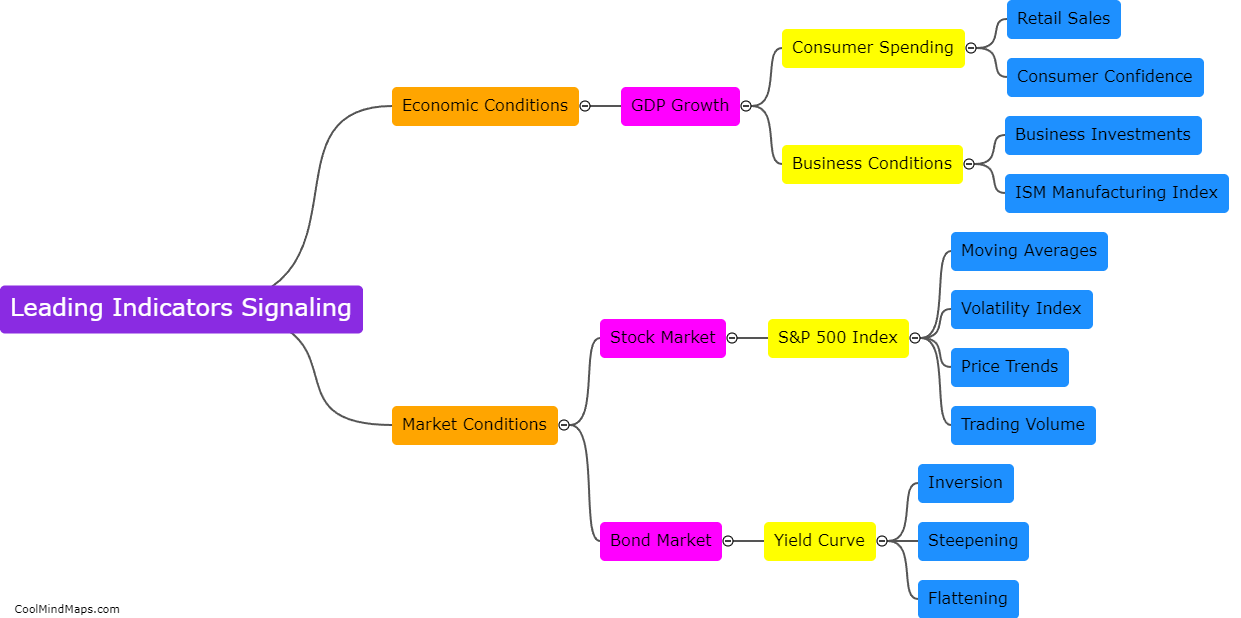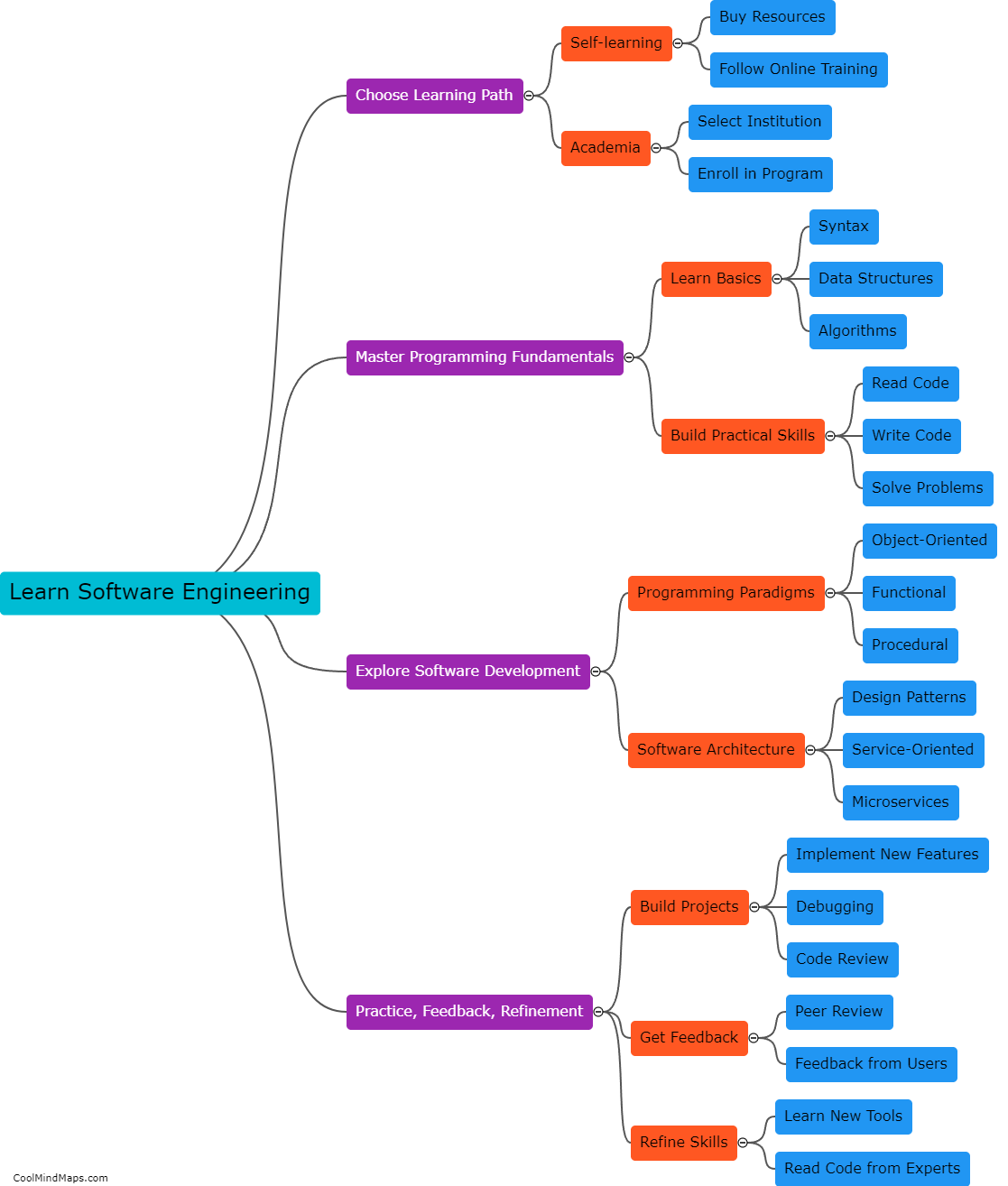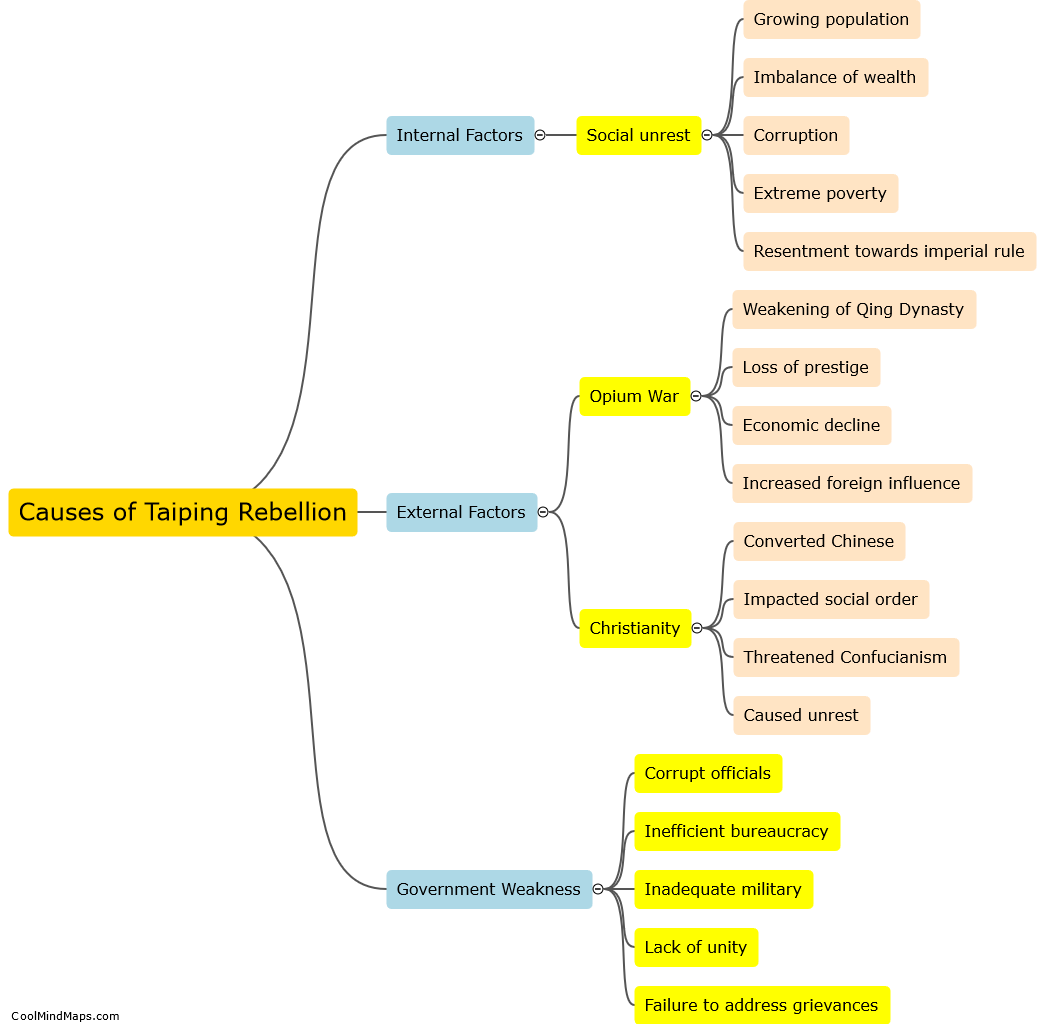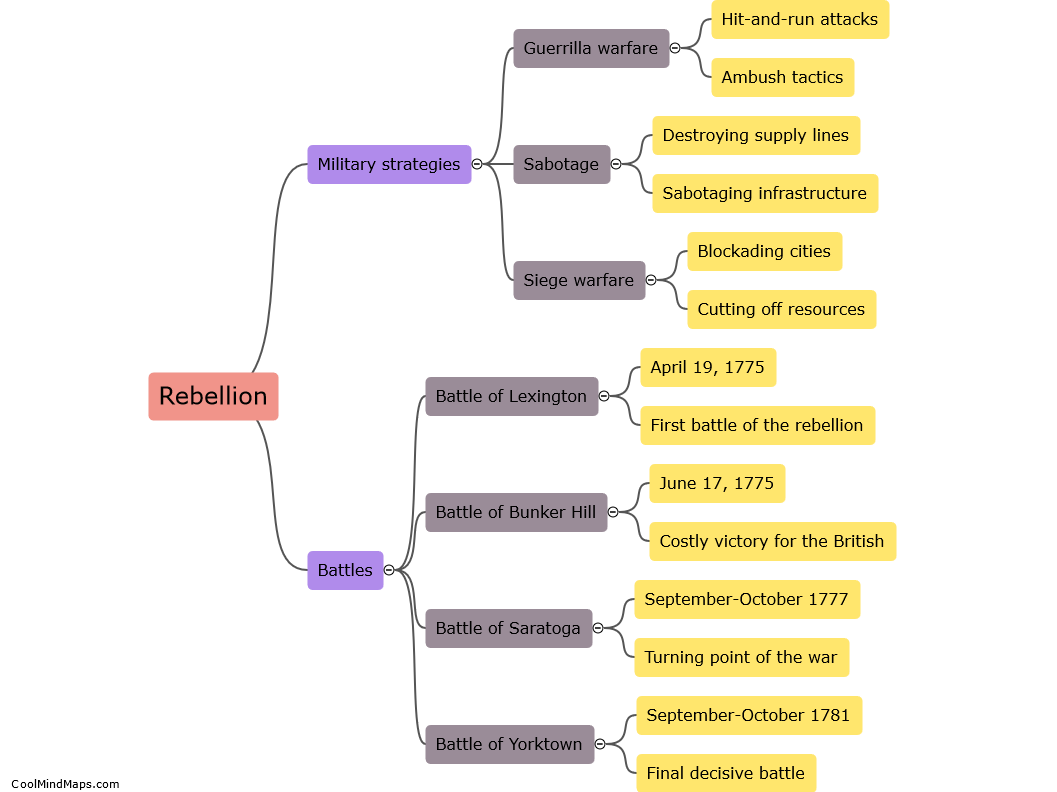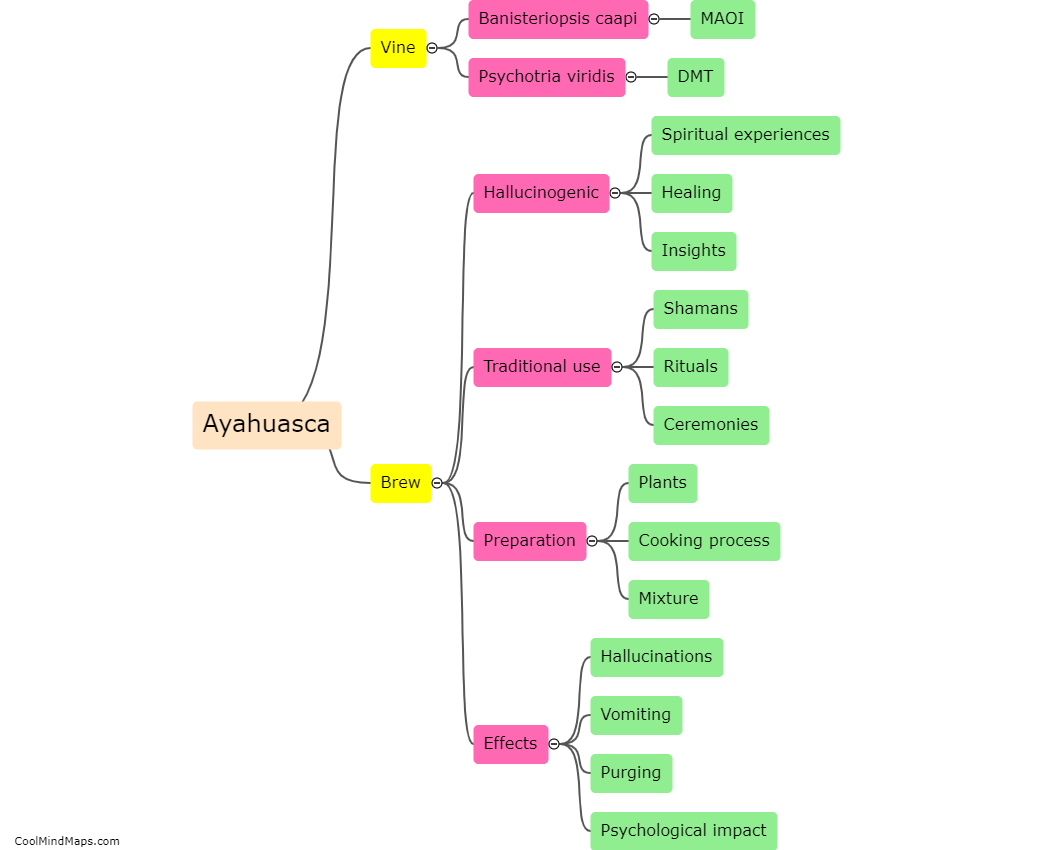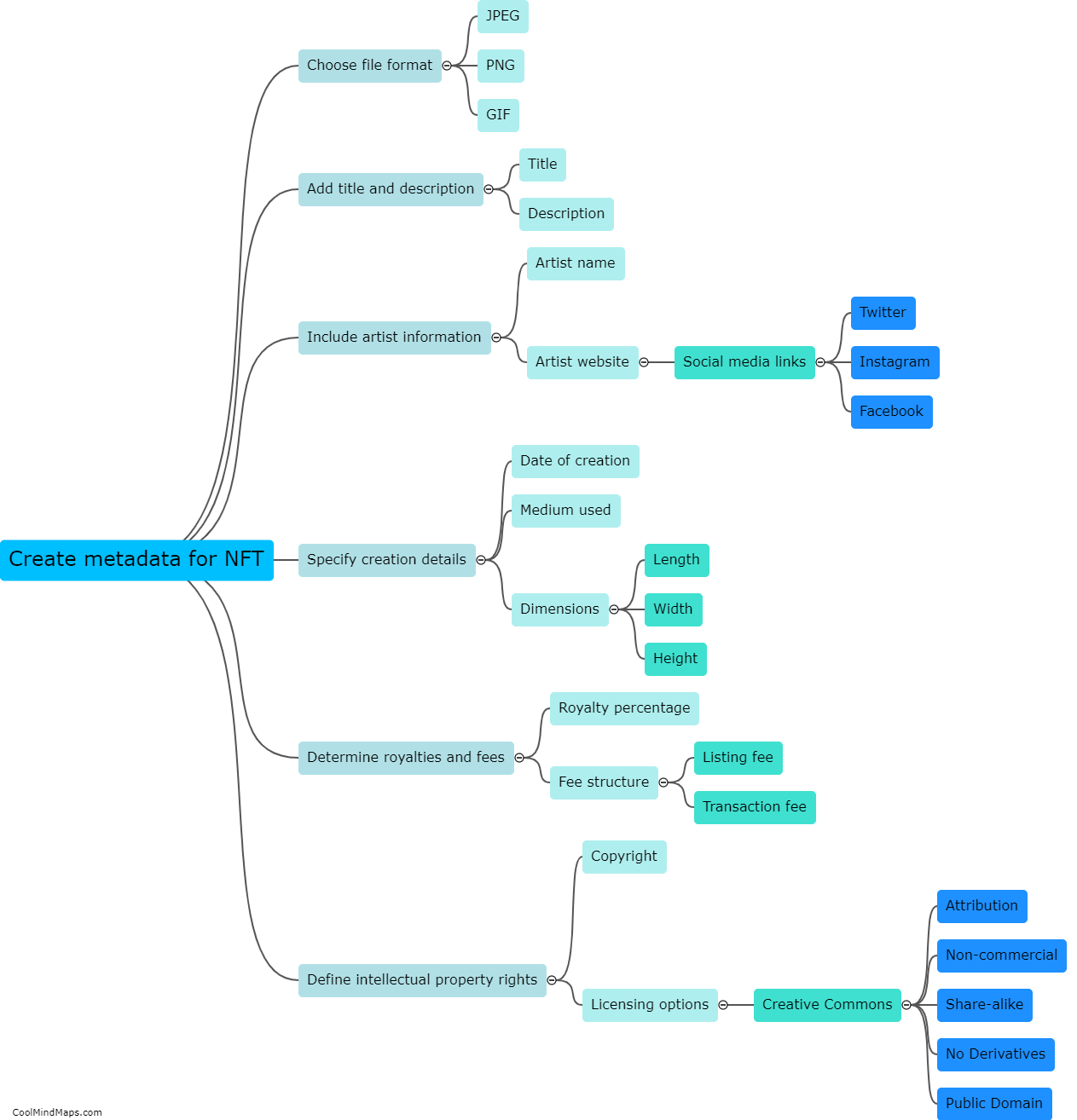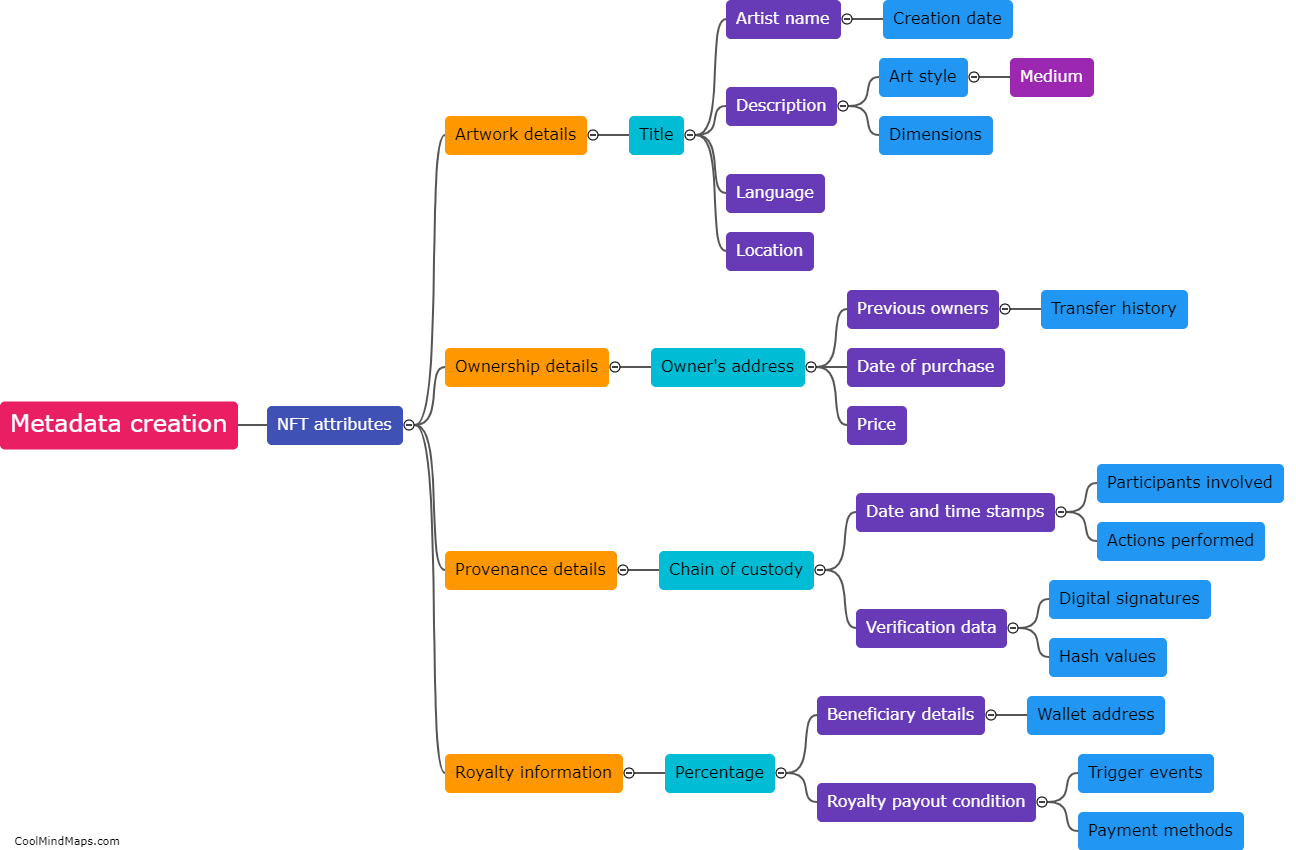How did the rebellion impact society and economy in China?
The rebellion in China, known as the Taiping Rebellion, had a profound impact on both society and economy. Lasting from 1850 to 1864, the rebellion was led by Hong Xiuquan, who proclaimed himself as the younger brother of Jesus Christ and aimed to establish a Heavenly Kingdom of Great Peace. The conflict resulted in the deaths of tens of millions of people and caused widespread destruction. Society was deeply affected by the rebellion as it challenged traditional Confucian values and social norms, leading to a breakdown of social order and a rise in religious fervor. Moreover, the rebellion caused significant economic damage as agricultural production declined due to the conflict, resulting in widespread famine and economic instability throughout the country. Additionally, the rebellion strained the Qing Dynasty's resources, leading to increased taxation and further economic hardships for the Chinese population. Overall, the Taiping Rebellion had a lasting and devastating impact on both the society and economy of China.
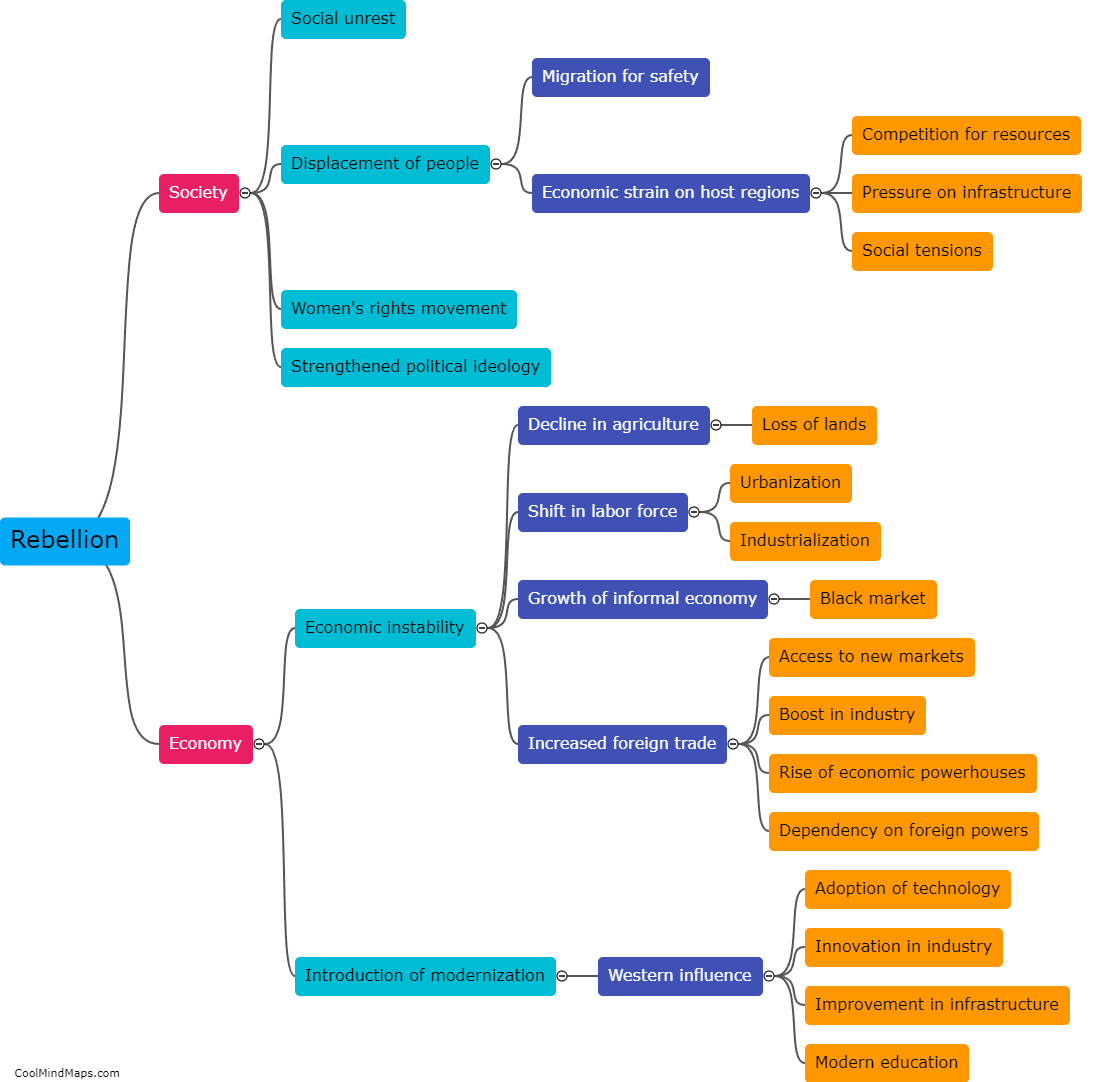
This mind map was published on 4 October 2023 and has been viewed 109 times.
